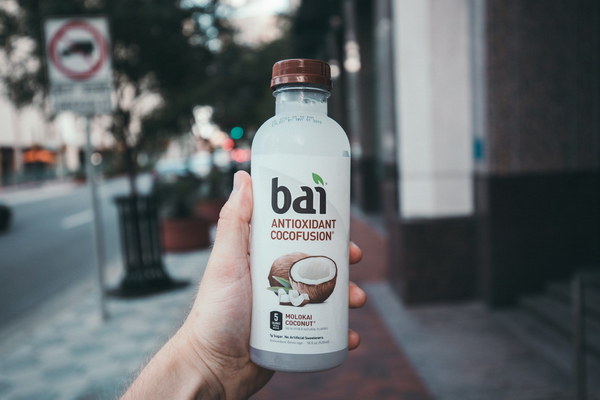High Blood Pressure and Exercise Can You Engage in Intense Fitness Activities
Introduction:
High blood pressure, also known as hypertension, is a common health condition that affects millions of people worldwide. It is often associated with various risk factors, including age, genetics, and lifestyle choices. When it comes to exercise and fitness activities, individuals with high blood pressure may wonder if they can engage in intense workouts without risking their health. In this article, we will explore the relationship between high blood pressure and intense exercise, providing insights and guidelines for individuals with hypertension who wish to maintain an active lifestyle.
Understanding High Blood Pressure:
High blood pressure occurs when the force of blood against the artery walls is consistently too high. It can lead to serious health complications, including heart disease, stroke, and kidney failure. The normal blood pressure range is typically considered to be around 120/80 mmHg, with the systolic (upper) number representing the pressure when the heart beats and the diastolic (lower) number representing the pressure when the heart is at rest.
Exercise and High Blood Pressure:
Exercise is widely recognized as a crucial component of maintaining cardiovascular health. Regular physical activity can help lower blood pressure, improve cholesterol levels, and reduce the risk of heart disease and stroke. However, for individuals with high blood pressure, the question arises: Can they engage in intense exercise without compromising their health?
Benefits of Exercise for Individuals with High Blood Pressure:
Engaging in moderate-intensity exercise, such as brisk walking, swimming, or cycling, can have numerous benefits for individuals with high blood pressure. These include:
1. Blood Pressure Control: Regular exercise helps to lower blood pressure by improving the efficiency of the heart, reducing the workload on the arteries, and promoting relaxation of the blood vessels.
2. Weight Management: Exercise aids in weight loss or weight maintenance, which is crucial for managing high blood pressure. Being overweight or obese can exacerbate hypertension.
3. Improved Cardiovascular Health: Exercise strengthens the heart muscle, enhances blood flow, and promotes the production of good cholesterol (HDL), which helps remove bad cholesterol (LDL) from the arteries.
4. Reduced Stress: Exercise is a powerful stress reliever, and managing stress is essential for controlling high blood pressure.
Intense Exercise and High Blood Pressure:
While moderate-intensity exercise is generally safe for individuals with high blood pressure, engaging in intense or high-impact workouts may carry certain risks. Here are some considerations:
1. Risk of Hypertensive Crisis: Intense exercise can cause a sudden spike in blood pressure, potentially leading to a hypertensive crisis, characterized by extremely high blood pressure readings and severe symptoms. It is crucial to consult a healthcare professional before engaging in high-intensity workouts.
2. Increased Heart Rate and Blood Pressure: Intense exercise can significantly raise heart rate and blood pressure temporarily, which may be a concern for individuals with severe hypertension.
3. Potential for Exercise-Induced Hypertension: Some individuals with high blood pressure may experience a condition called exercise-induced hypertension, where blood pressure spikes during or immediately after exercise. This can be managed with proper exercise intensity and guidance from a healthcare professional.
Guidelines for Intense Exercise with High Blood Pressure:
If you have high blood pressure and wish to engage in intense exercise, consider the following guidelines:
1. Consult a Healthcare Professional: Before starting any new exercise regimen, especially intense workouts, it is crucial to consult with a healthcare professional or a cardiologist who can provide personalized advice based on your specific health condition.
2. Gradual Progression: Start with low-intensity exercise and gradually increase the intensity over time, allowing your body to adapt and minimize the risk of complications.
3. Monitor Blood Pressure: Regularly monitor your blood pressure during exercise to ensure it remains within a safe range.
4. Stay Hydrated: Adequate hydration is essential during exercise, as dehydration can exacerbate hypertension.
5. Avoid Overexertion: Pay attention to your body's signals and avoid pushing yourself too hard, as overexertion can lead to a hypertensive crisis.

Conclusion:
While individuals with high blood pressure can benefit from regular exercise, it is important to approach intense workouts with caution. By consulting a healthcare professional, gradually progressing exercise intensity, and monitoring blood pressure, individuals with hypertension can engage in intense exercise while minimizing the risk of complications. Remember, maintaining a balanced and personalized exercise routine is crucial for overall health and well-being.









